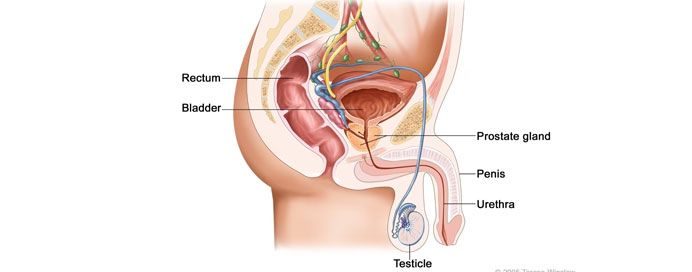Prostate Related Problems
Home / Dr. Rahul Deshpande
Our Services
- Rise In Creatinine
- Blood In Urine
- Acute Kidney Injury
- Glomerulonephritis
- Urinary Tract Infection
- Acid Base Disorder
- Fluids & Electrolyte Disorders
- Prostate Related Problems
- Leakage Of Protein In Urine ( Nephrotic/Nephritic Syndrome)
- Rapidly Progressive Renal Failure
- High Blood Pressure (Hypertension) & Its Related Kidney Complications
- Diabetes & It's Related Kidney Complications
- Chronic Kidney Injury & Its Complications
- Kidney Dialysis Therapy (Hemodialysis And Peritoneal Dialysis)
- Kidney Stone & It’s Medical Management
- Kidney Transplant & It’s Complications
- Interventional Nephrology - Renal Biopsy - Dialysis Catheter (Temporary & Tunnelled Catheters)
- Critical Care Nephrology (ICU Related Kidney Disorders)
- Onconephrology (Cancer Related Kidney Disorders)
Prostate Related Problems

Ah, the prostate, that walnut-sized troublemaker that can cause a bit of mischief as men age. Let’s dive into some of the common prostate-related issues:
1. Benign Prostatic Hyperplasia (BPH): Picture the prostate as a balloon slowly inflating over time. BPH is when the prostate enlarges, squeezing the urethra and causing annoying symptoms like frequent urination, especially at night, and a hesitant or weak urine stream. It’s like the prostate is playing a game of “Let’s see how many times we can make you visit the bathroom.”
2. Prostatitis: This is like a protest in the prostate. Inflammation, often due to infection, leads to symptoms like pain or discomfort in the pelvic area, urinary urgency, and sometimes flu-like symptoms. It’s like the prostate is staging a little rebellion against peace and quiet.
3. Prostate Cancer: The big C-word. Prostate cancer is one of the most common cancers in men. It often grows slowly, and many men may not even experience symptoms. Regular screenings, like the infamous prostate-specific antigen (PSA) test, are the detectives keeping an eye on the prostate’s behavior.
Managing these issues involves a mix of lifestyle changes, medications, and sometimes, surgical interventions. For BPH, medications that relax the prostate muscles or reduce its size may be prescribed. Prostatitis often requires antibiotics, and for prostate cancer, treatment options range from active surveillance to surgery and radiation.
